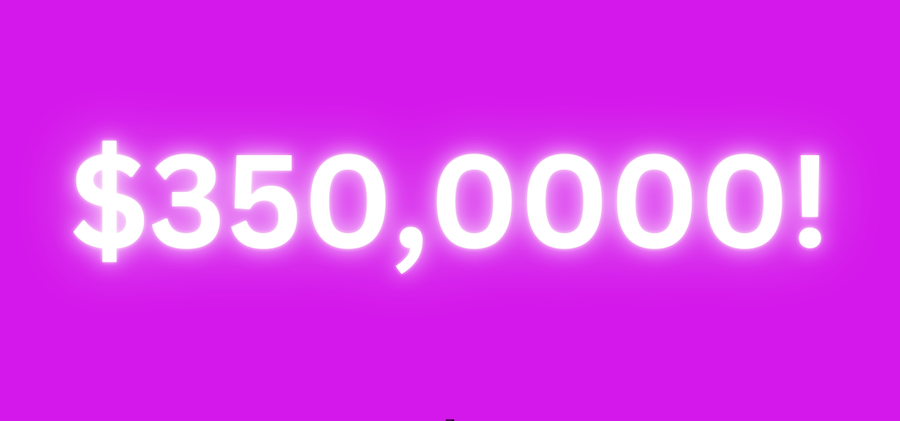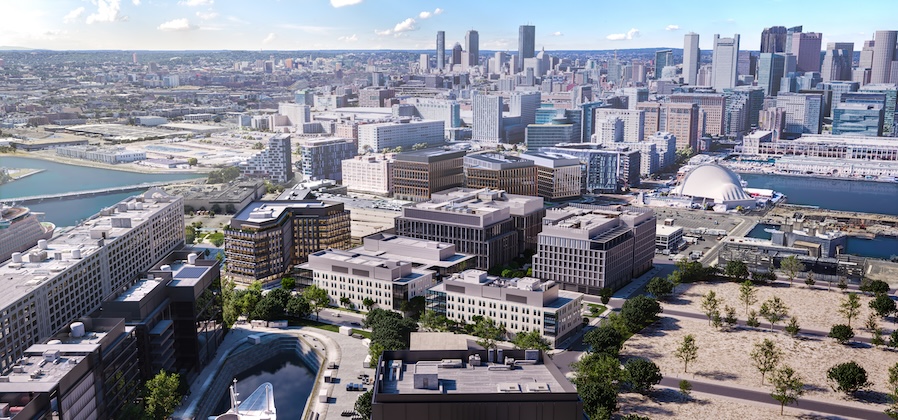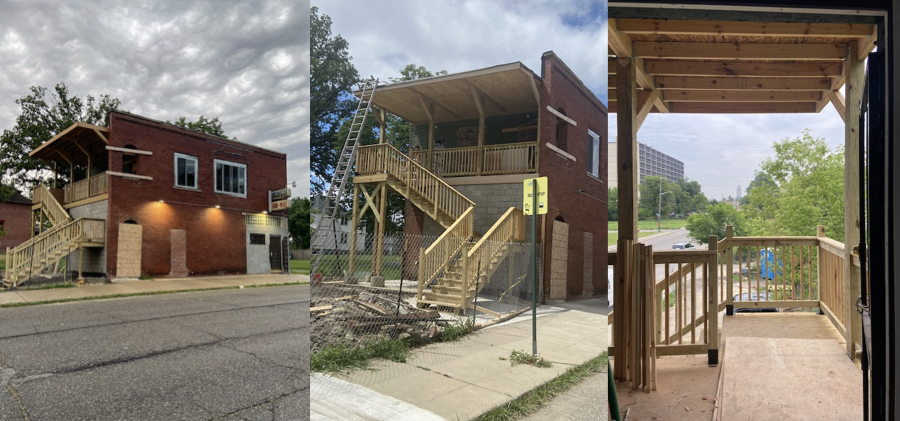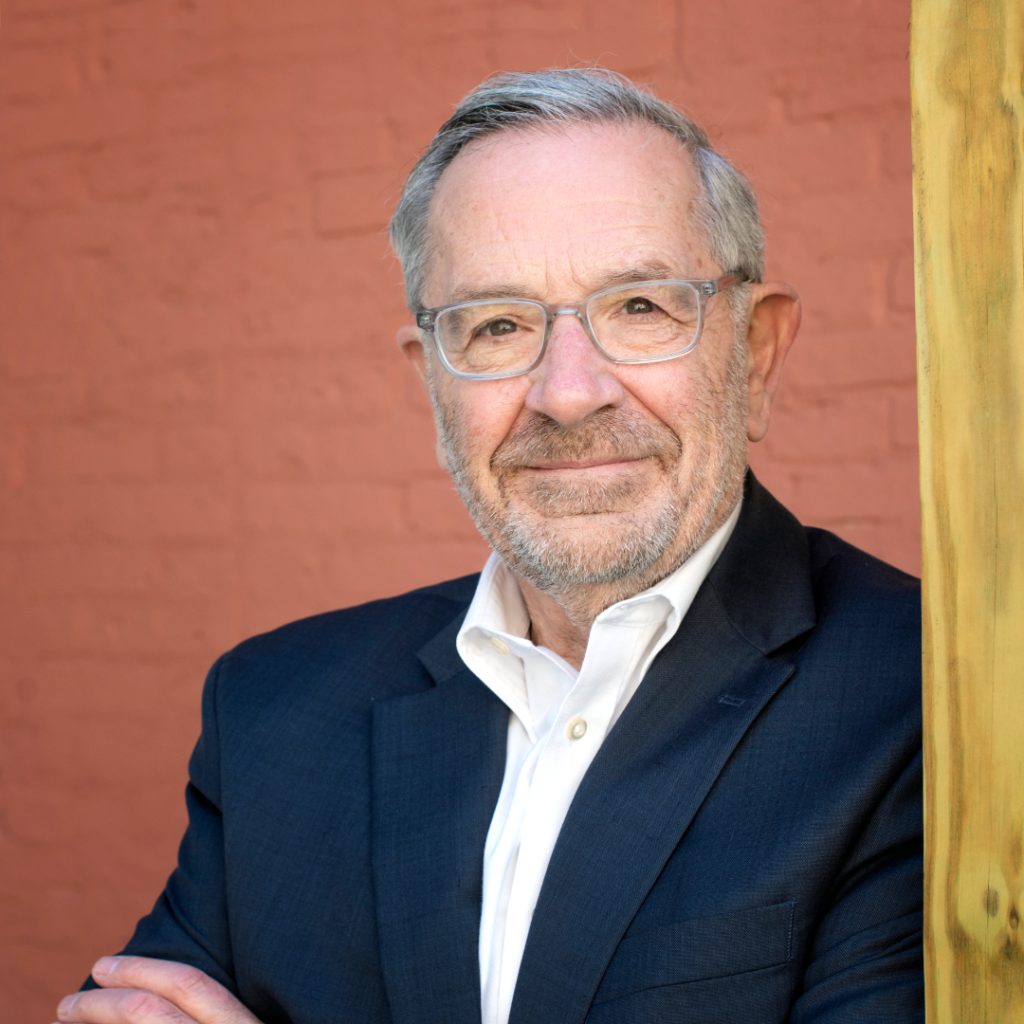
If you’re looking for examples of urban revitalization, look no farther than Pittsburgh.
We can thank people like Shawn Kichline, principal of Oxide Real Estate Development, for embracing the gritty urbanism of this city (where I live), and showing through his redevelopment efforts how livable and appealing it can be.
A few years ago, Shawn used the real estate crowdfunding platform (Small Change) to raise $238,500 in equity to acquire and redevelop the Buvinger Building, located at 4407 Butler Street. This was his first solo project. He redeveloped the historic building in Pittsburgh’s Lawrenceville neighborhood into some rather lovely apartments and a pretty hip ground-floor restaurant reminiscent of Asian street-food stalls.
The results were striking, and even more so were the financial returns. Investors were fully repaid with a 21+% IRR. With this leg up, Shawn has moved on to larger projects … and so has Small Change.
Pittsburgh is known as the City of Champions and we think Shawn is one of them.
Take a look at Shawn’s successful crowdfunding campaign and tell us if you agree.
Inage by Jonathan Greene




